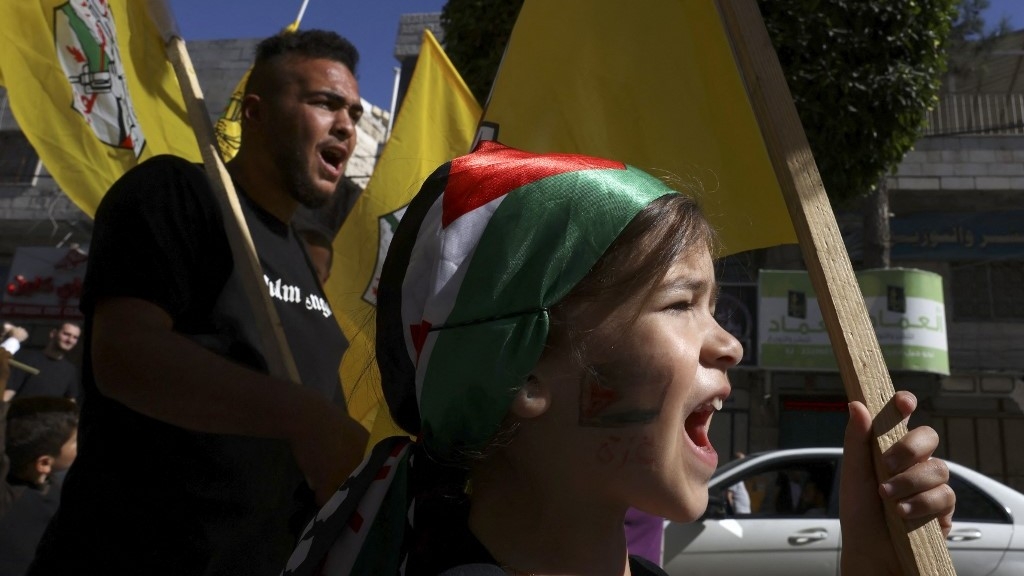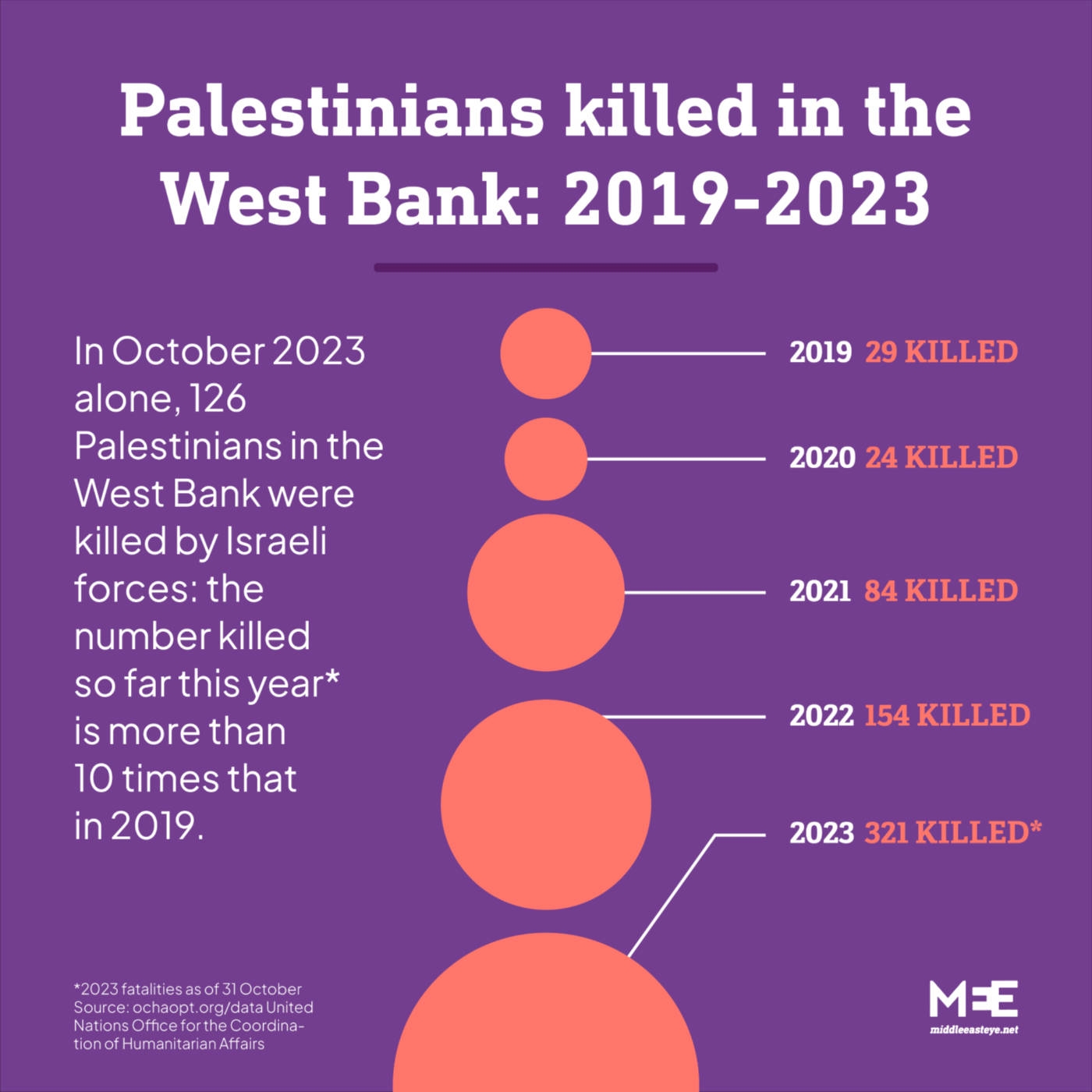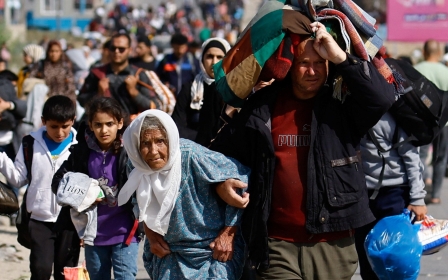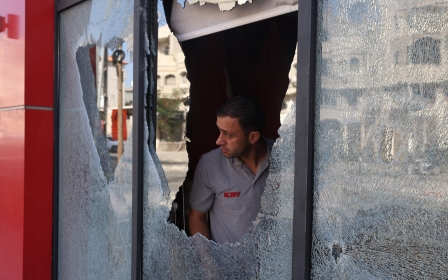Israel-Palestine war: Israeli forces imposing siege on 750 families in Hebron for over a month

The Israeli military has been imposing a curfew, now nearly 24 hours a day, on 11 neighbourhoods in Area H2 in Hebron, in the occupied West Bank, since the hostilities with Hamas began on 7 October, the Israeli rights group B'tselem said on Sunday.
The NGO said that, for more than a month, Palestinian stores and businesses in the besieged, Israeli-military controlled area, have been shut down, while an estimated 750 families, comprising thousands of people, have been "imprisoned at home".
The organisation accused Israeli authorities of imposing "collective punishment" on the population of the occupied West Bank as world attention turns to the war in Gaza.
"There is no justification for keeping hundreds of people under a blanket movement ban, locked up at home for weeks on end," it said in a statement.
"Israel is taking advantage of the fact that local and international attention is currently diverted from the West Bank to impose far-reaching measures that constitute collective punishment, which is prohibited under international law. This conduct is integral to Israel's apartheid regime, which is at its most flagrant in Hebron," the statement said.
New MEE newsletter: Jerusalem Dispatch
Sign up to get the latest insights and analysis on Israel-Palestine, alongside Turkey Unpacked and other MEE newsletters
B'tselem said that, after imposing two weeks of full curfew, the Israeli military on 21 October started to allow residents to leave their homes only on Sundays, Tuesdays and Thursdays, for one hour in the morning and another in the evening.
When Palestinians leave their homes, however, they have to cross checkpoints and endure humiliating treatment by Israeli soldiers, including body searches.
Such searches take up most of the one-hour window, which leaves many Palestinians locked out of their areas and homes until the checkpoints reopen.
"The curfew has completely disrupted life in H2. Residents cannot get to work and school or visit family, and all the businesses are closed. They are living in complete uncertainty, without knowing when they will return to normal," the rights group said.
Follow MEE's live coverage on the Israel-Palestine conflict
"Meanwhile, settlers in Hebron are enjoying full freedom of movement, which they use to harrass residents and damage their property."
In a testimony to B’Tselem, Arij al-Ja'bari, a 41-year-old mother of five from the neighborhood of a-Ras in Hebron, said they were woken up on 7 October by an army megaphone announcing a curfew in the city.
"Since the curfew began, every now and then soldiers climb up to our roof at night, shout and wake us up. They tried to force the door open several times," she was quoted as saying.
She said that they ran out of water two days after the curfew started, forcing them to borrow water from the neighbours for more than 10 days.
"Our life has become unbearable. I'm in really bad shape mentally. We eat one or two meals a day and are very frugal with water. Our homes have become prisons. We're not allowed to open the windows and doors, go out to the yard or climb up to the roof.
"Also, I miss my parents. They live near the settlement of Giv'at Ha'avot and are not allowed in or out, either. We talk on the phone, but it's not the same."
This article is available in French on Middle East Eye French edition.
Middle East Eye delivers independent and unrivalled coverage and analysis of the Middle East, North Africa and beyond. To learn more about republishing this content and the associated fees, please fill out this form. More about MEE can be found here.





